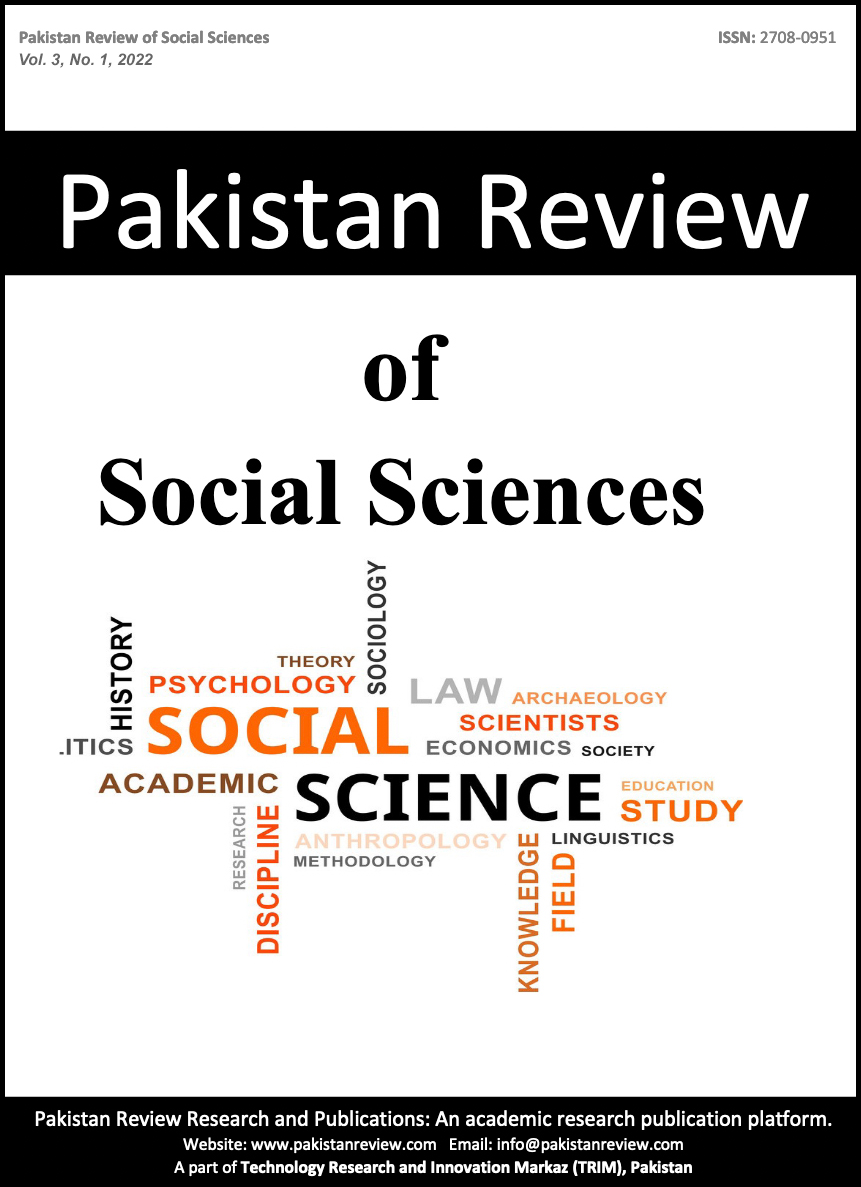TRANSFORMATIONAL LEADERSHIP'S EFFECT ON ORGANIZATIONAL BEHAVIOR
Abstract
By encouraging a sense of purpose and values among employees, transformational leadership influences organisational behaviour in one of the most significant ways. The mission and values of the company are outlined by transformative leaders, who motivate their workforce to collaborate for shared success. The growth of its followers is also a priority for transformative leadership. A stronger, more motivated team may be created by transformational leaders who encourage the professional and personal development of their staff. Making expectations too high is another potential flaw in the transformative leadership approach. Along with creativity, inquiry, and experimentation, they promote teamwork and collaboration. Employee engagement and loyalty may rise when leaders make an effort to treat their workers with respect and decency. It has been demonstrated that transformative leadership enhances organisational outcomes like performance, innovation, and staff retention. Overemphasizing the need for leaders to motivate and inspire their team members may result in unreachable goals, which in turn may cause employee dissatisfaction and burnout. Who is accountable for what is yet another potential issue with transformational leadership. Overly concerned with reviving their teams, leaders may neglect other, more basic management tasks like communicating goals and ensuring accountability.
Downloads
Published
Issue
Section
License
Copyright (c) 2023 Dato’ Paduka Dr. Yeo Kok Vui

This work is licensed under a Creative Commons Attribution 4.0 International License.
Submission declaration
Authors retain the copyright to their work and grant the Pakistan Review of Social Sciences (PRSS) the right of first publication under a Creative Commons Attribution 4.0 International (CC BY 4.0) license. This license allows others to share, adapt, and reuse the work for any purpose, including commercial use, as long as appropriate credit is given to the original authors and the journal.
By submitting a manuscript, authors confirm that the work has not been published previously (except as an abstract, lecture, or academic thesis), is not under review elsewhere, and has been approved by all authors and relevant authorities. Once accepted, the article will be openly accessible under the CC BY 4.0 license, ensuring wide dissemination and reuse with proper attribution.






